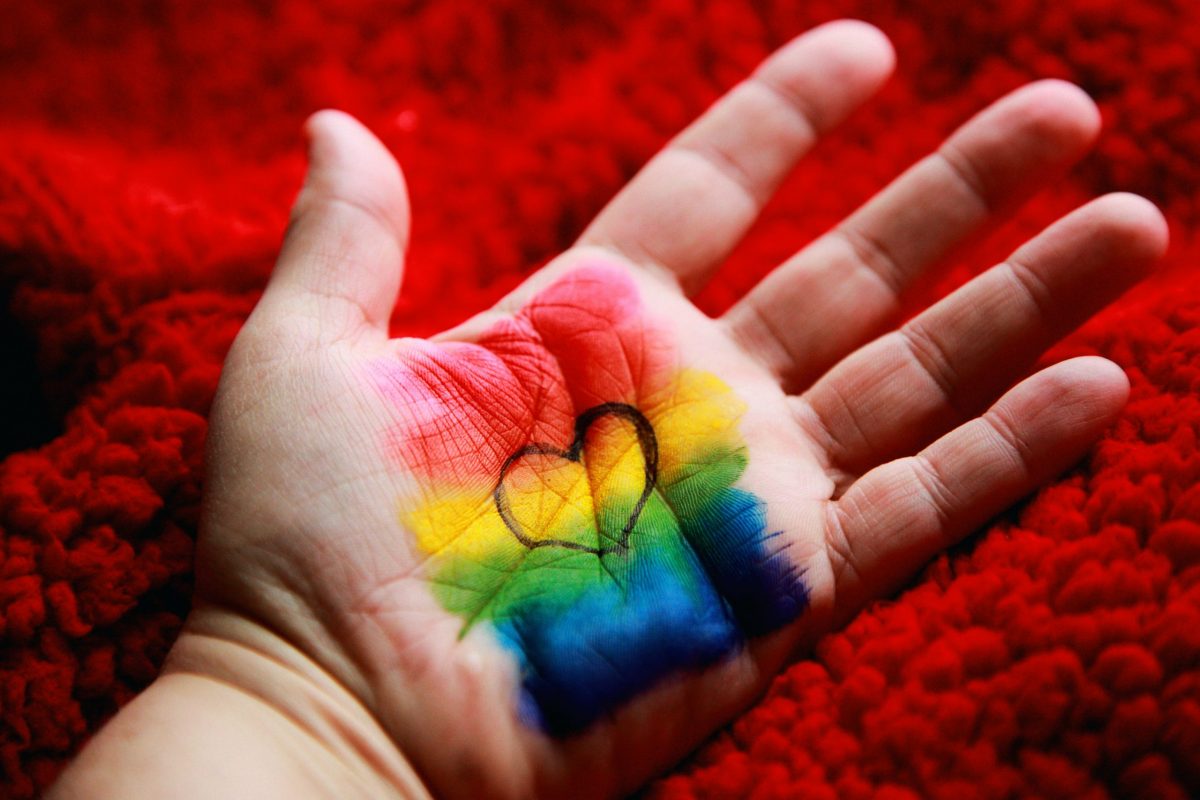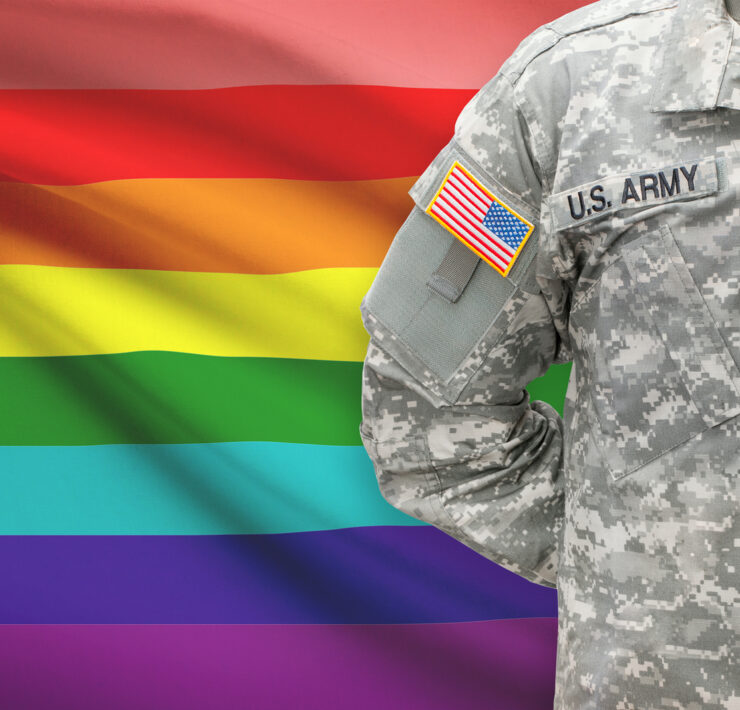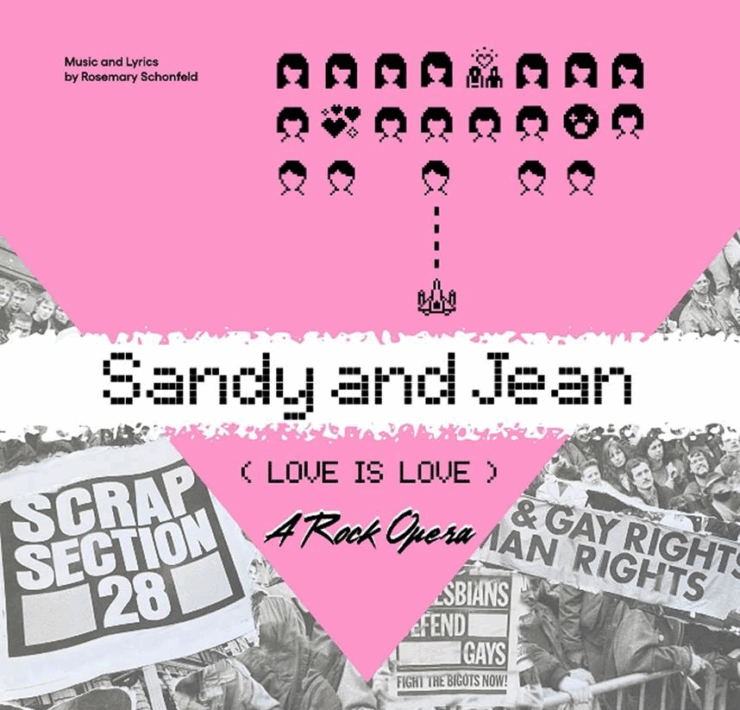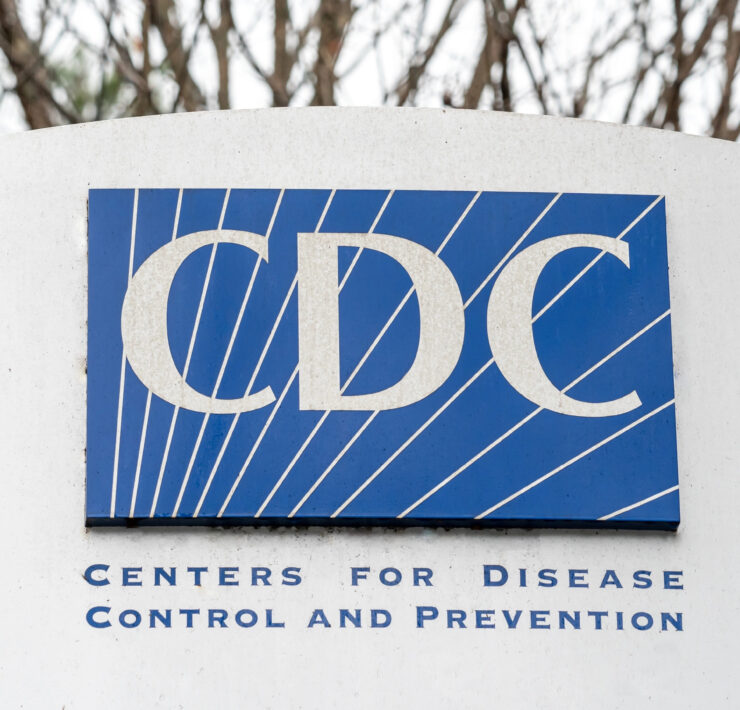But You Don’t Look Queer

I discovered I am queer while in a long-term heterosexual relationship with the love of my life. It was something that had always been a part of me, buried deep inside; something I ignored. I dismissed the butterflies in my stomach during certain movie scenes, I shrugged off my long list of female celebrity crushes, I disregarded the feelings forming for the girl who would kiss me at parties “just for fun.” During my freshman year of college I met individuals who identified as something other than straight or gay, male, or female. It was the first time I had been surrounded by a spectrum of sexuality and gender, identities that I had never been taught in health class – and I realized my sexuality for what it is.
I shook to my core as I talked to my person (as I had affectionately come to call him, finding words like “boyfriend” distasteful and inexact). I saw on his face that I was breaking his heart as I told him, the man I had been in love with for two years, that I needed space. I knew I wanted to stay with him, but I also knew that I needed to explore this part of myself if I was to ever be at peace in my current relationship, not waking up 10 years from now still wondering about this huge part of my identity. I told him it had nothing to do with him, but that didn’t make any of this easier. I felt selfish and mean for making that decision, as important and necessary as it was, but mostly I felt terrified that I would lose this amazing man in my life. In discovering my sexuality, my eyes were opened to the toxic mindset that is biphobia, the hatred of or prejudice against bisexual people. There are so many negative stereotypes associated with bisexuality. Promiscuous, greedy, ashamed, fake, disgusting, confused. I hear them all, from every side. Who created these false ideas? Why are they still so prominent? In our modern world, why do we continue to cling to monosexuality? Statistically, bisexual women are more likely to encounter physical violence, stalking, and rape than both lesbian and heterosexual women by a significant amount. Bisexual people are much less likely to “come out” to their loved ones. We are less likely to find a group with which we relate and feel accepted.
In discovering my sexuality, my eyes were opened to the toxic mindset that is biphobia, the hatred of or prejudice against bisexual people. There are so many negative stereotypes associated with bisexuality. Promiscuous, greedy, ashamed, fake, disgusting, confused. I hear them all, from every side. Who created these false ideas? Why are they still so prominent? In our modern world, why do we continue to cling to monosexuality? Statistically, bisexual women are more likely to encounter physical violence, stalking, and rape than both lesbian and heterosexual women by a significant amount. Bisexual people are much less likely to “come out” to their loved ones. We are less likely to find a group with which we relate and feel accepted.
I quickly found myself feeling completely ostracized from communities and individuals, perpetually invalidating my identity because of who I dated, what I looked like, and how I loved. It became difficult for me to not ridicule and constantly question myself; I internalized the incessant biphobia that is rampant in both LGBTQ and straight communities.
It is traumatizing to be repeatedly told that I am not something that I know myself to be. It is heartbreaking to feel the need to hide my true sexuality for fear of what others will think and say. It is devastating to see people constantly dismiss my identity. As if somehow my relationship status is the only important piece of my puzzle. As if the genitalia of who I am with has any reflection of who I am. As if how I personally identify somehow negatively affects other people. As if I am staining the gay and straight communities.
Related Article: Merriam-Webster Updates its Definition of Bisexual
And if someone finally accepts my sexuality, often they cannot understand why it even matters to me if I’m in a monogamous relationship. It matters to me because it is a piece of my identity. A part of me. It really should not matter to anyone else anyway, but for some reason, others feel the need to know “what I am.” This is who I am. It is not a choice, and I am proud of it. It is not the sum of who I am, but it is an important piece of me. It is always there, whether you can see it or not.
I have found some similarities between being bisexual and being chronically sick with invisible illnesses. People take one look at me and decide what I am, even if I tell them otherwise. If I go to Pride with my person, it will be assumed we are allies and nothing more. Furthermore, people will decide that this is “just a phase,” that it is something I can overcome if I try hard enough. I assure you, none of this is a phase. My sexuality, just like my chronic illness, are objective facts about myself that are part of me now and always. They have made me stronger, more open and accepting, and altogether more empathetic towards the things I can and cannot see about others. I feel the need to repeatedly “come out” because I am in a straight-passing relationship. I feel that I have to continually prove my legitimacy in the LGBTQ community. Being in a long-term monogamous heterosexual relationship seems to erase my identity and its validity in all circles, gay and straight, and I want that to change. People can identify as something even if they don’t “look like it.” Bisexual people should be welcomed and celebrated in the LGBTQ community. Sexual identity, just like gender, is fluid. People can be in a monogamous relationship with the opposite sex and still identify as bisexual.
I feel the need to repeatedly “come out” because I am in a straight-passing relationship. I feel that I have to continually prove my legitimacy in the LGBTQ community. Being in a long-term monogamous heterosexual relationship seems to erase my identity and its validity in all circles, gay and straight, and I want that to change. People can identify as something even if they don’t “look like it.” Bisexual people should be welcomed and celebrated in the LGBTQ community. Sexual identity, just like gender, is fluid. People can be in a monogamous relationship with the opposite sex and still identify as bisexual.
I am beyond grateful to have a partner who stuck with me despite our separation, who admires my identity, who is so respectful, always willing to learn more, and grow. I do not want to feel invalidated or small when I tell someone my sexuality anymore. This is a big and important piece of my identity. And yes, I am dating the most incredible, sexy, intelligent man I’ve ever known, but that should never discount how I identify. I am not exploring my options. I am not in a phase. I am not confused. I am queer.










